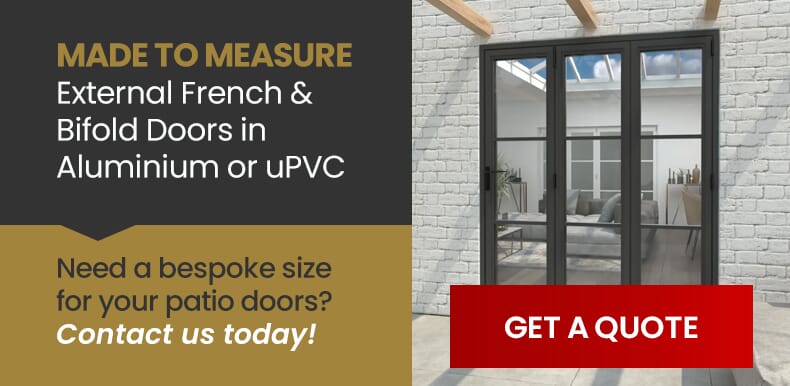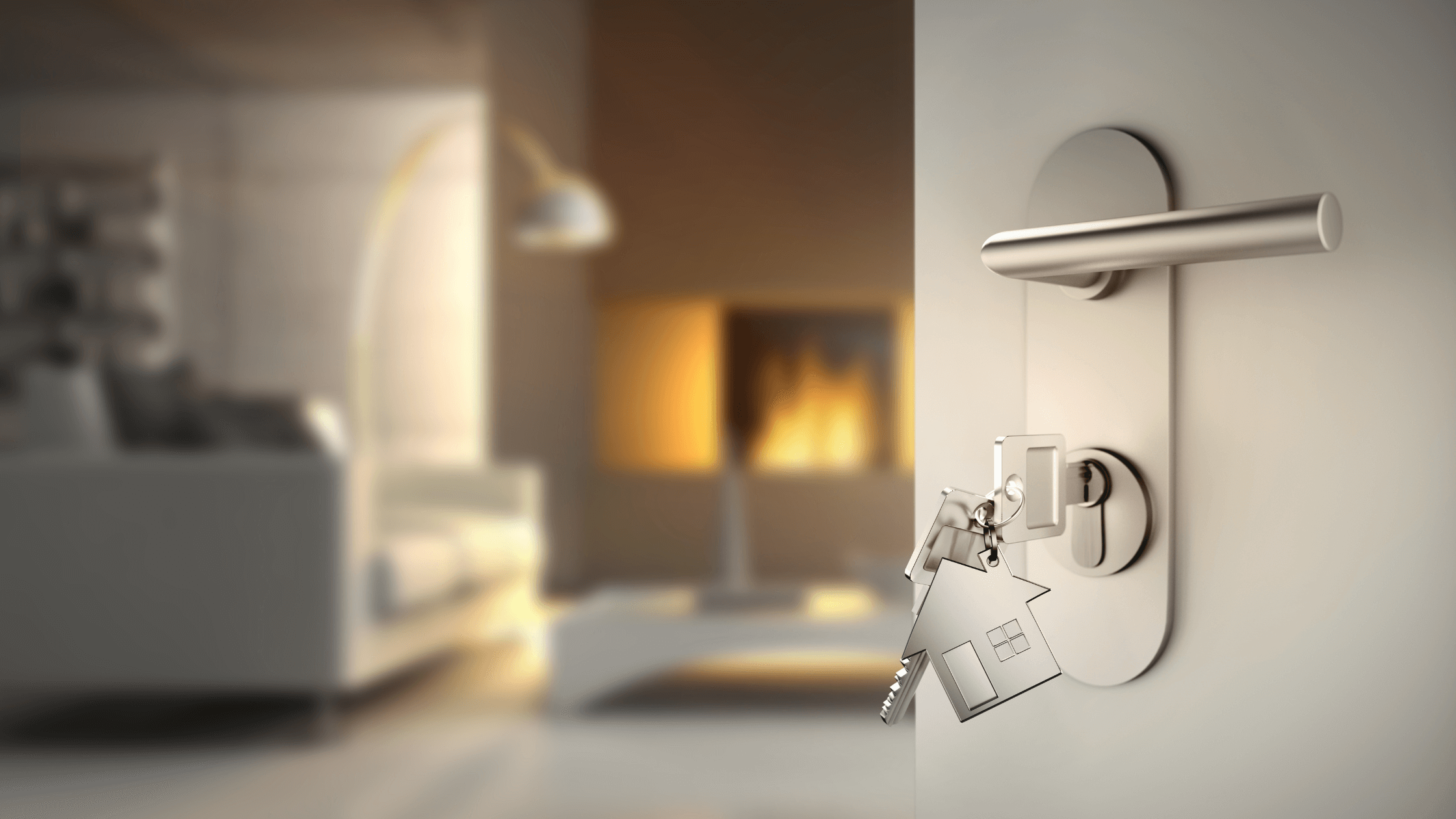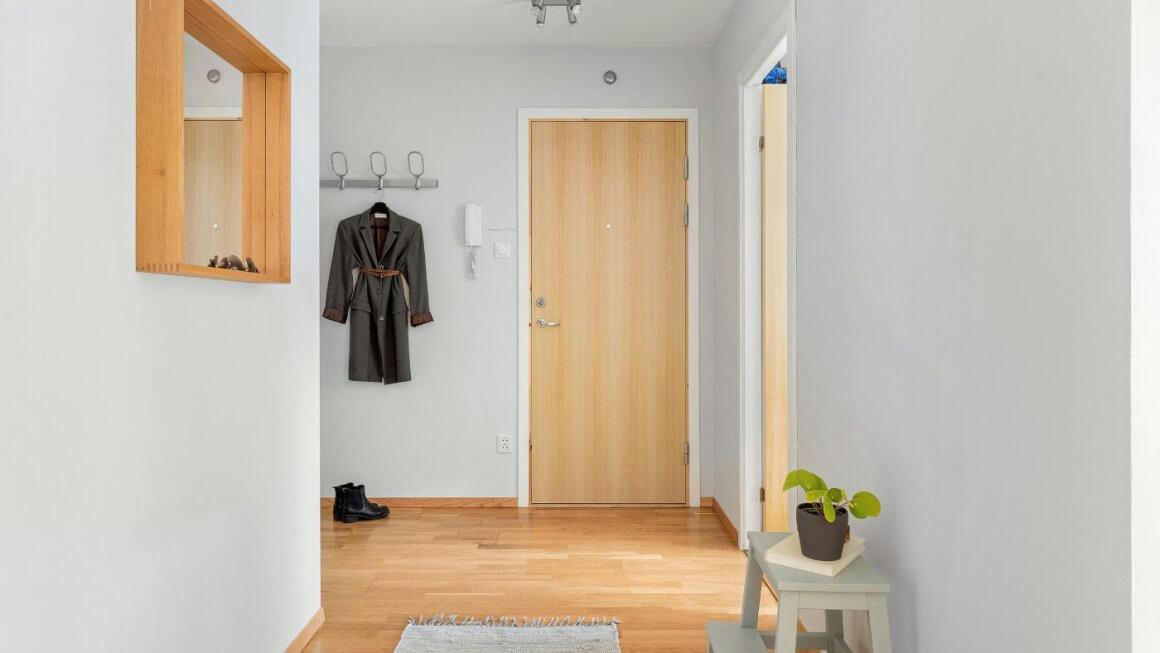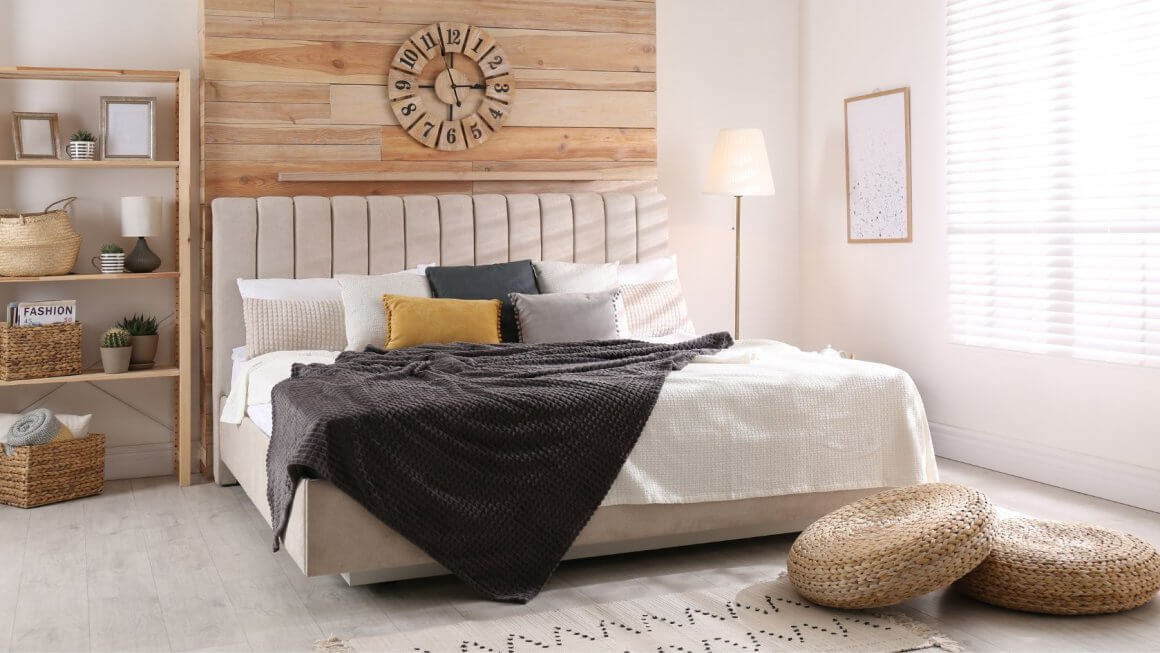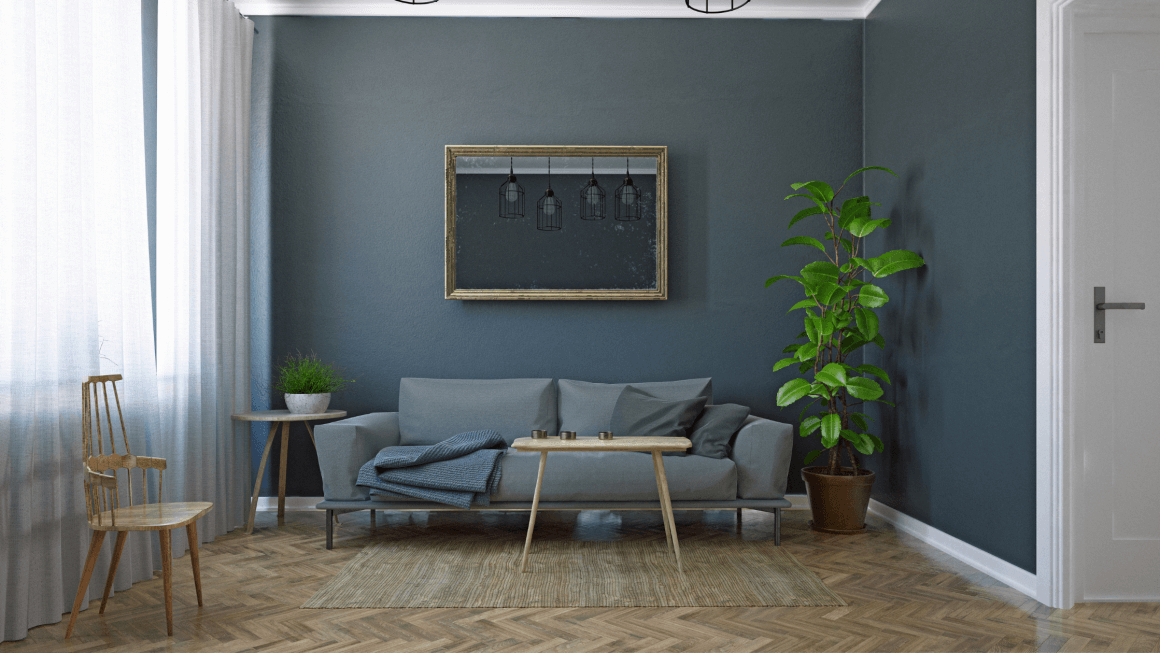Keeping both residential and commercial properties safe is crucial, and choosing the right door lock plays a vital role in achieving that goal. With a variety of options available, understanding the different types of door locks can help you make an informed decision about which one best suits your needs.
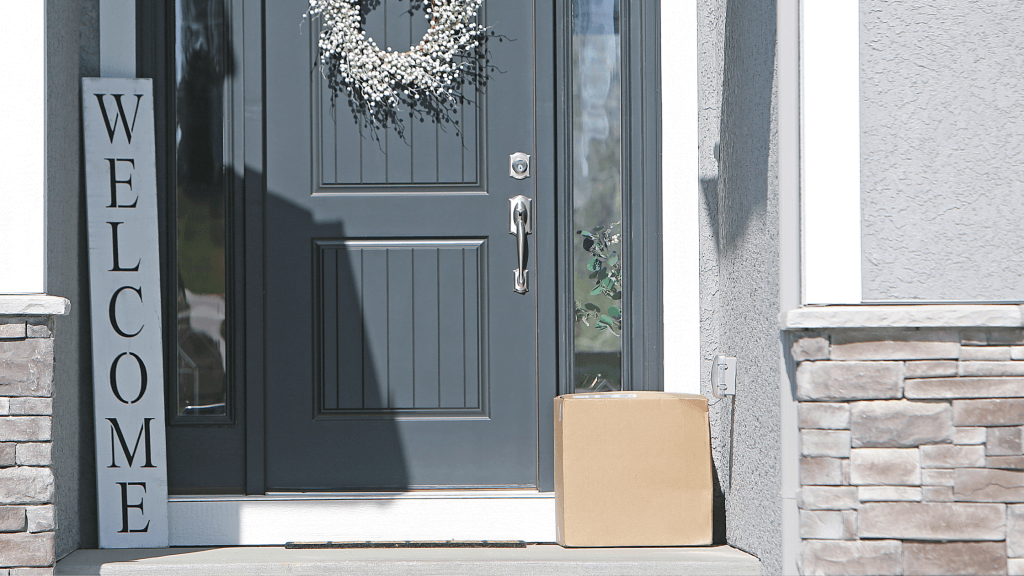
An essential component of home security
Whether you’re looking to boost security in one home or an entire property development, here’s why having the correct locking mechanism is more important than ever:
Security
Your primary line of defence against unauthorised entry rests with your door lock. A strong, well-installed lock acts as a deterrent and can make it incredibly difficult for intruders to gain access. Weak or poorly fitted locks are an invitation to opportunistic attacks.
Safety
In emergency situations, the right door locks can be the difference between escaping quickly and being trapped. You need locks that are easy to operate from the inside under any circumstance, especially in situations of panic or low visibility.
Peace of Mind
Knowing your home or business is properly secured with a reliable lock contributes massively to your feeling of safety and well-being. It allows you to relax without worrying about the vulnerability of your belongings and loved ones.
Insurance Compliance
Some insurance policies might have specific lock requirements for coverage. Choosing the right type of lock can be important for ensuring you remain eligible for compensation in case of theft or damage.
Aesthetics
Door locks come in a wide variety of finishes and designs, allowing you to select something that complements other features such as your door hardware, letterbox or door knocker. As well as the overall design of your home or development. An easy way to enhance visual appeal.
Learn more about front door security (including recommendations from the Metropolitan Police and the Secured by Design initiative) in our must-read guide.
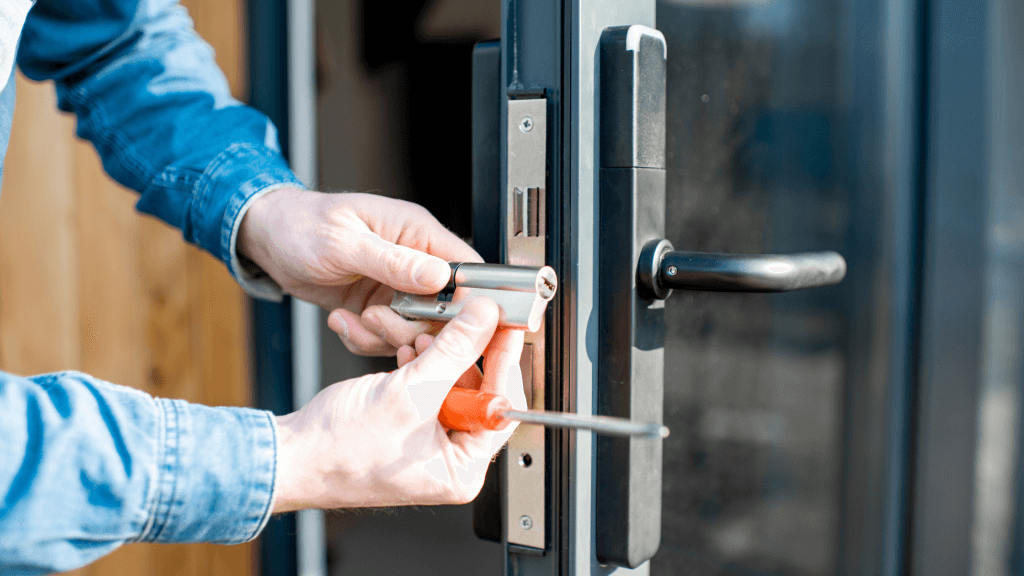
Traditional Lock Mechanisms
Mortice Locks
Installed within a dedicated cavity carved into the door edge, these offer high security and are common for external doors.
They come in various subtypes like deadlocks (providing only locking, no latching), sash locks (combining a latch and deadbolt), and night latches (primarily for internal doors).
Rim Locks
Mounted directly onto the door surface, these are simpler to install but generally less secure than mortice locks. They are often used on gates or sheds.
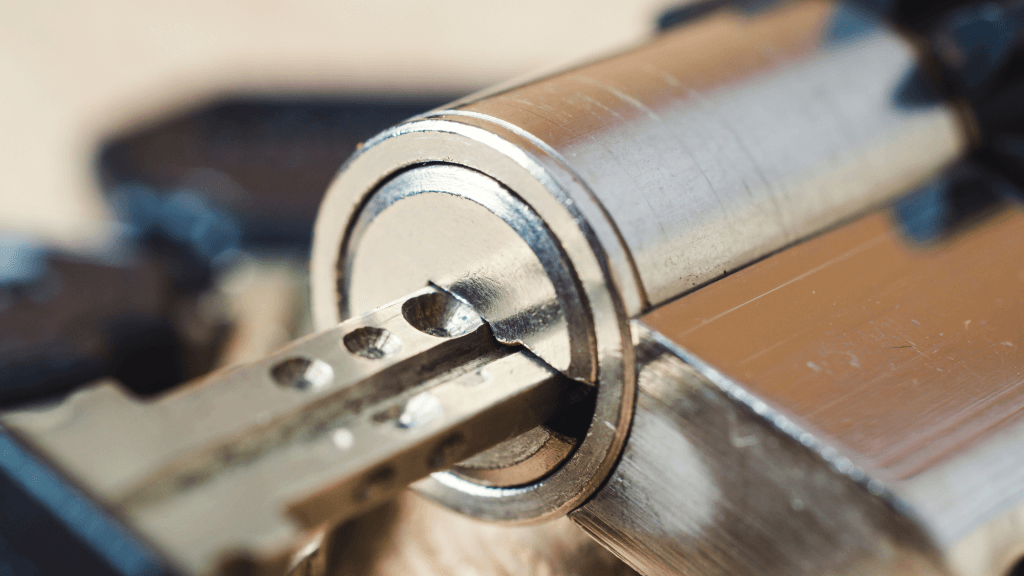
Keyhole Variations
Keyhole variations refer to the different shapes and mechanisms used to insert and turn a key in a lock.
Cylinder Locks
These utilise a removable cylinder core containing pins that must align with the key’s grooves for unlocking. They come in two main profiles: Euro cylinders (popular in Europe) and oval cylinders (more common in the US).
Cylinder locks are widely used and can be effective solutions for external and internal applications such as:
Garage doors: offering a balance between security and ease of access for garages not connected to a home.
Bedroom doors and bathroom doors : Providing privacy and basic security for personal spaces.
Utility room doors and storage spaces: They keep valuables like tools and equipment secure.
Office doors: Offering privacy and control access to specific areas within an office environment.
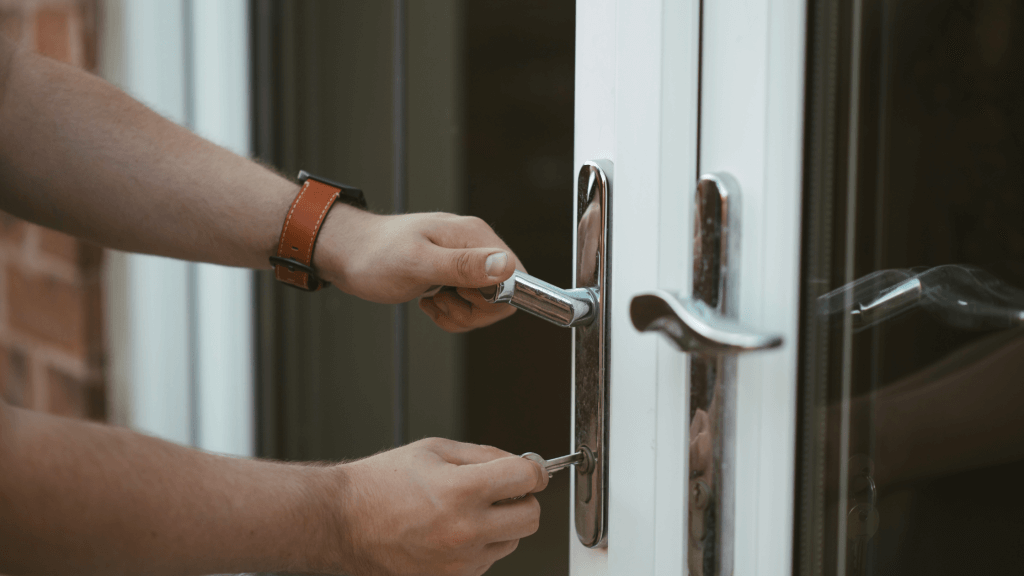
Lever Locks
Operated by turning a lever handle instead of using a key, these are often used alongside deadbolts for added security and convenience.
Lever locks, particularly 5 lever mortice deadlocks, are best used for external doors such as:
Front doors: A common application, providing a good level of security for main entrances.
Back doors: Offering additional security for access points at the rear of your property.
Garage doors: Especially important if your garage is connected to your home.
Sheds and outbuildings: Protecting valuable tools and equipment stored outside.
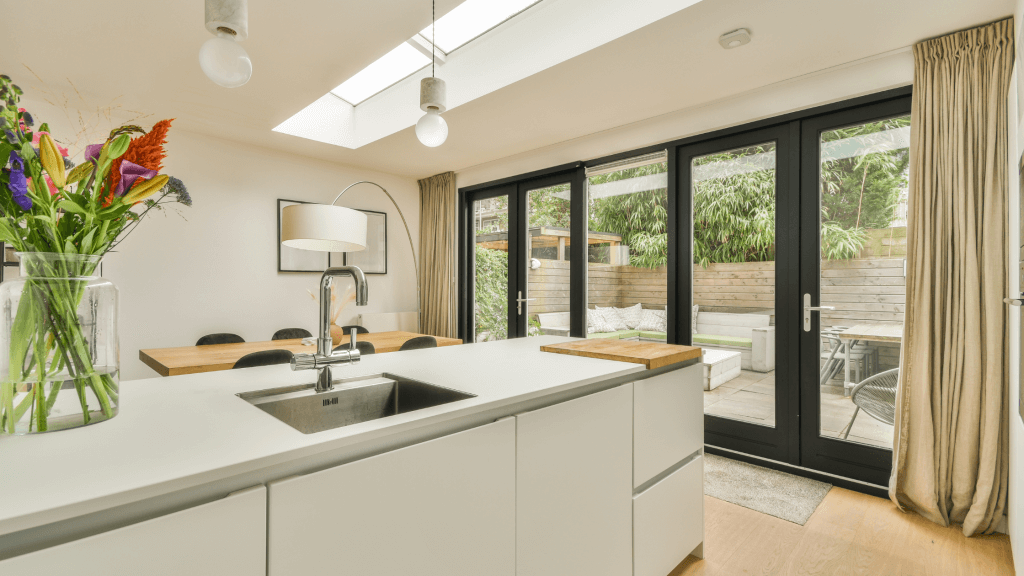
Patio door locks
When you buy patio doors online, it’s best to look for designs that come fitted with a multi-lock system. Otherwise, you’ll need to install additional locks for extra safety. Glass doors (including French doors and bifold designs) are usually pretty robust, however they can become a target point for intruders.
Specifically, sliding doors can sometimes be lifted from their tracks. If you’re not sure that your locking system prevents this, buy anti-lift locks. These prevent sliding patio doors from being taken off their tracks. A great way to remove this option from burglars.
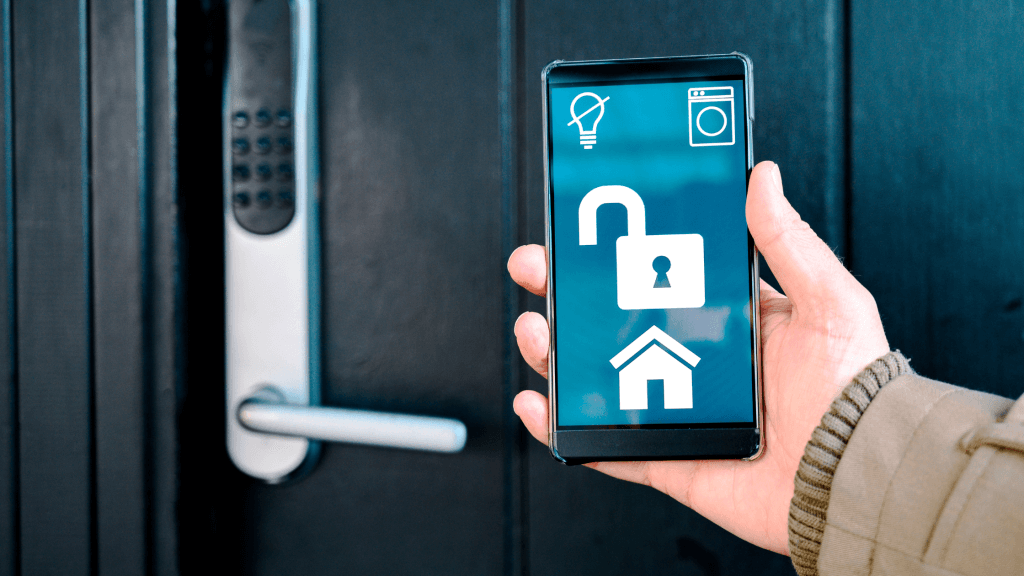
Modern Locking Solutions
Electronic Locks
Replacing traditional keys with codes, key cards, or even fingerprint scanners, these offer keyless entry and enhanced security features like access logs and remote locking capabilities.
Smart Locks
Integrating with smart home systems, these allow remote access and control through smartphones or voice assistants. They offer ultimate convenience and can be linked to security cameras or smart lights for a more comprehensive security setup.
Learn more about smart home security technology in our dedicated article.
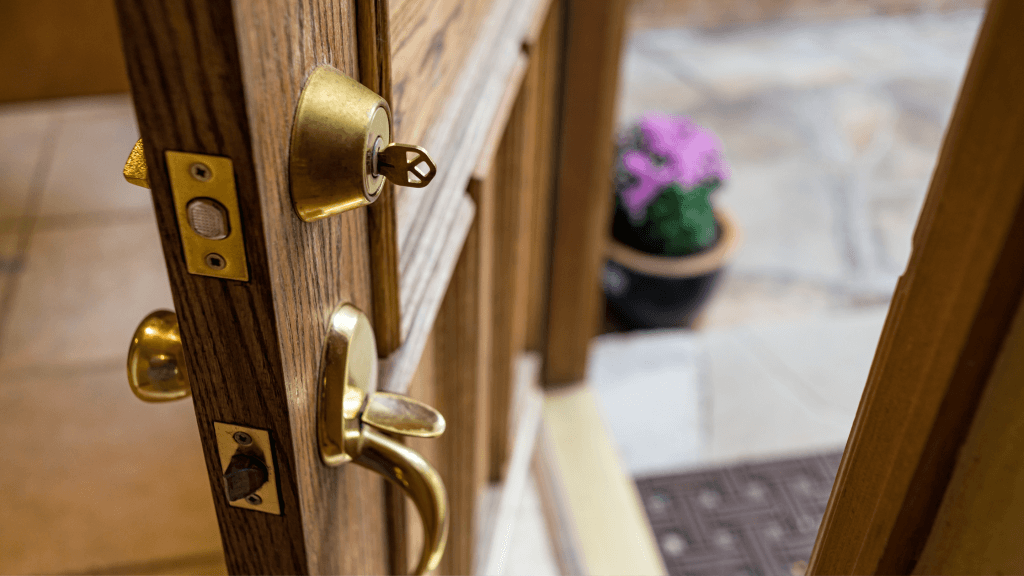
Choosing the Right Lock
Selecting the appropriate door lock depends on several factors:
Door type: Consider the material (wood, metal, uPVC) and thickness of your door.
Security level: Assess your security needs based on the location of the door (exterior vs. interior) and the value of the contents it protects.
Convenience: Evaluate your preference for key-based access, code entry, or smart features.
Ultimately, consulting a professional locksmith can provide valuable guidance on choosing and installing the most suitable door lock for your specific requirements.
Watch how to install door locks
An investment in peace of mind
From cosy cottagecore homes to sleek quiet luxury inspired apartments, every home should feel completely safe at all times. Equipped with these crucial tips, we hope you feel confident shopping for the best door locks for your property. Want to go one step further and buy the most secure entrance doors? Contact our team for support and advice.


